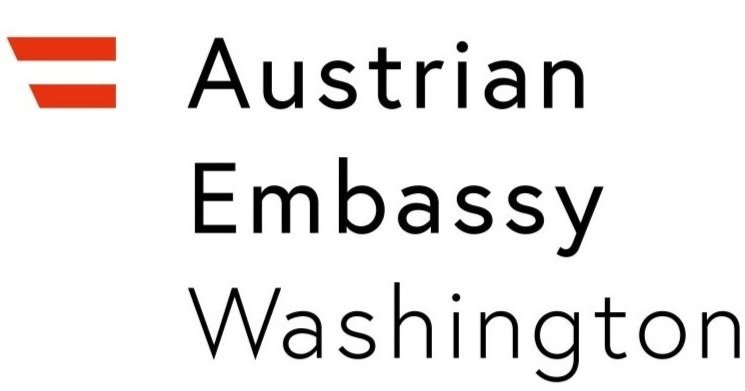Human Rights
EU Human Rights Policy
The promotion and protection of human rights is a priority for the European Union, both within the EU and in relations with third countries.
With the Treaty of Lisbon entering into force on 1st December 2009, the already high standard of human rights protection in the EU has been raised further. Thus, the EU Charta of Fundamental Rights is now legally binding, pursuant to Article 6 of the EU Treaty. Moreover, an obligation for the EU was created to ratify the European Convention on the Protection of Human Rights and Fundamental Freedoms of the Council of Europe. In addition to scrutiny by national courts of EU Member States, the European Court of Justice (EU) and the European Court of Human Rights (Council of Europe) are thereby empowered to review, at last instance, human rights violations allegedly committed by Member States or organs of the European Unions. The EU Fundamental Rights Agency, founded in 2007 and located in Vienna, is equally contributing to better human rights protection in Europe, by assembling and analysing data and providing recommendations on the situation of human rights in Europe.
The fundamental goals and measures to promote human rights protection in the framework of the Common Foreign and Security Policy of the EU are spelled out in the EU Strategic Framework on Human Rights and Democracy/EU Action Plan on Human Rights and Democracy, which was adopted in June 2012. On the basis of this policy document, the EU foreign human rights policy is being devised and continuously developed by the human rights directors of EU Member States, the EU Member States’ representatives for the respective geographical areas, in close cooperation with the EU High Representative for External Relations, Catherine Ashton. The EU Special Representative for Human Rights, Stavros Lambrinidis, also plays an important role as the visible “face” of the EU who works with third countries for better human rights protection worldwide.
Thus, the EU systematically addresses human rights issues in all bilateral contacts at all levels. Moreover, the EU aims at protecting individuals, who as a result of, for example, their political activism, are being detained, tortured or sentenced to death, through interventions with foreign governments in more than 200 cases per year. The EU has also developed guidelines on priority human rights themes (death penalty, torture, human rights defenders, children and armed conflict, rights of the child, violence against women and girls, international humanitarian law, LGBTI rights, freedom of religion and belief), so that EU institutions and Member States may advocate human rights protection worldwide in a structured and coherent manner. Another indispensable instrument of the EU human rights policy are the human rights dialogues with third countries, in which a regular, intensive exchange on human rights challenges takes place with individual countries. By raising concrete concerns and asking specific questions on human rights issues and individual cases, the EU aims at reaching a continuous improvement of the protection of human rights in the particular country. The EU also pays particular attention to mainstreaming human rights across all EU policies, specifically EU peacekeeping missions. Furthermore, EU Delegations are regularly drafting reports about the human rights situation in their host country, which allows the EU and its Member States to accurately assess the situation on the ground and adjust its strategies for the promotion of human rights there. Finally, the EU offers financial support for projects that foster human rights protection worldwide through its European Instrument for Democracy and Human Rights (EIDHR).
Human Rights as a Cross-Sectional Issue
EU Human Rights Guidelines
EU Human Rights Dialogues
EU Fundamental Rights Agency
